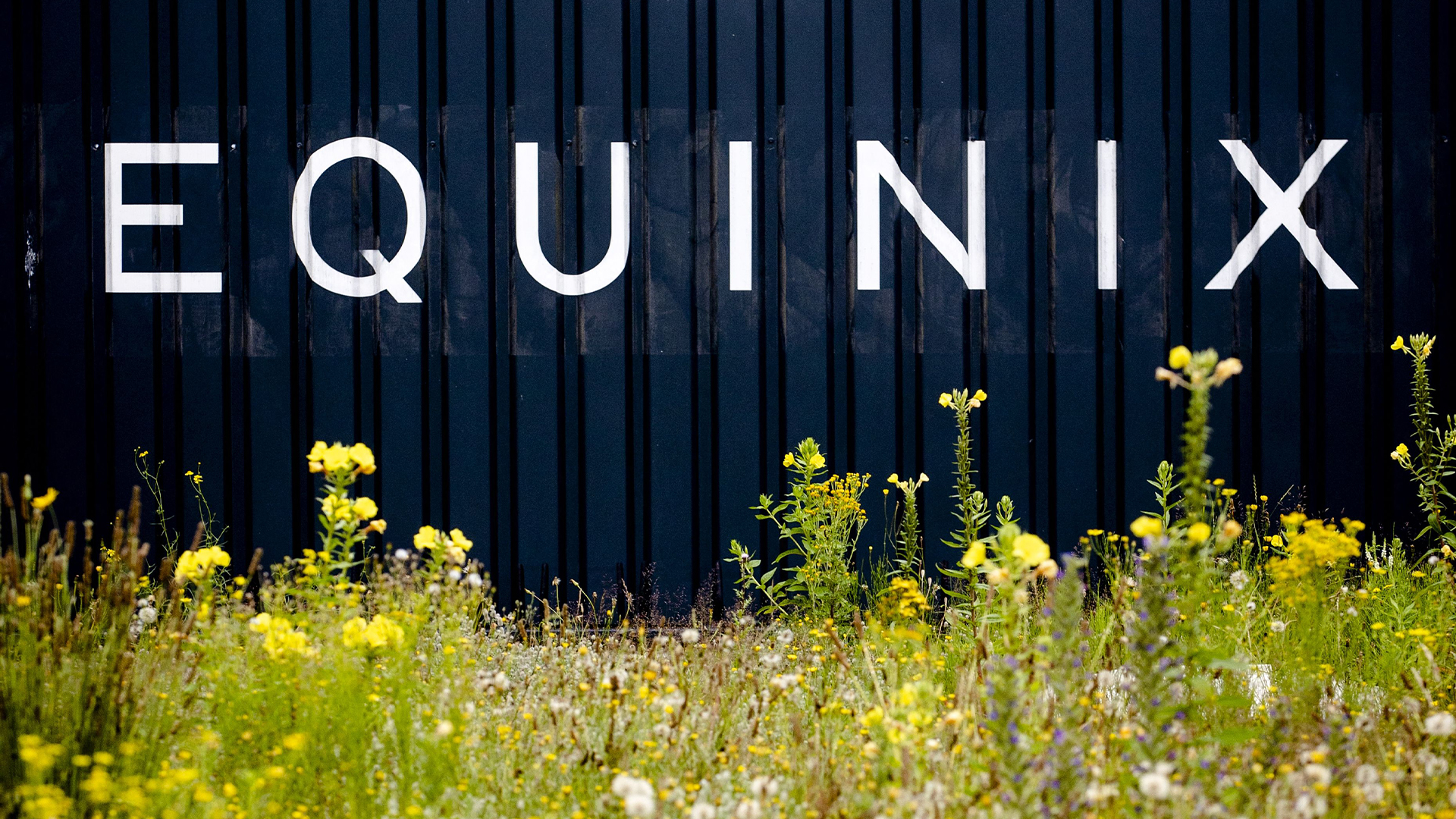Pulsant expands Manchester data center footprint to meet rising demand
Pulsant aims to bolster support for regional businesses using new technologies such as analytics, AI, and IoT


Sign up today and you will receive a free copy of our Future Focus 2025 report - the leading guidance on AI, cybersecurity and other IT challenges as per 700+ senior executives
You are now subscribed
Your newsletter sign-up was successful
UK edge infrastructure provider Pulsant has formally opened its new, expanded £4.5 million data hall in Manchester, with IT services firm Dacoll becoming its first customer.
Adding an extra 30% to the existing facility, the expansion brings the site up to four data halls spanning 1000 square meters and with more than 400 racks, offering 1MW of power.
Pulsant CEO Rob Coupland said the expansion comes amid an exciting period for the Manchester technology sector, which is growing rapidly. Expanding data center capacity will be a key factor in supporting future regional growth, he added
"Manchester needs infrastructure investment commitment. It is the number one tech city outside of London, and home to more than 650 active, high-growth companies. It is a top five area for scale-ups and the biggest sector in the region is software," Coupland said.
"This investment is our commitment to this area and we are focused on enabling these game-changing companies to deliver value, jobs and progress into the city and beyond. These businesses have already secured more than £530m of investment and this expanded infrastructure means they can unleash that potential."
Using Pulsant’s national data center network and ecosystem of connectivity partners, the company says that Manchester businesses can also access global clouds, telcos, and carriers via the LINX Manchester Point of Presence (POP).

"We continue to see growth at LINX Manchester which is fantastic. Our regional interconnection hub in the north provides a place for networks to connect and keep traffic local, lowering latency and providing an improved experience for their end users," said Colin Peckham, LINX interconnection specialist.
Sign up today and you will receive a free copy of our Future Focus 2025 report - the leading guidance on AI, cybersecurity and other IT challenges as per 700+ senior executives
"We recently tipped the 500Gbps traffic mark at the exchange and have additional services now available like the exclusive Microsoft Azure Peering Service, adding even more value to our community connected there."
Pulsant took over the site in 2022, launching its platformEDGE network a year later. Since then, there have been several multi-million-pound investments to expand the company's Manchester and Rotherham facilities, and the company revealed there are additional plans to expand its footprint in central Manchester.
Pulsant eyes data center sustainability improvements
Pulsant said a key current focus is to improve sustainability, and the firm cut its infrastructure power consumption by 9% in 2023.
Long-term, the firm plans to replace fossil fuels with non-palm oil-derived HVO biofuel in its standby power generators. It has also committed to eliminate the use of FM200 fire suppressant gas by 2030.
With the new development, Pulsant is targeting regional businesses using new technologies such as analytics, AI and IoT.
RELATED WHITEPAPER

"The Manchester facility enables us to expand our service capabilities to clients located across the North West," said Andrew Richmond, enterprise sales director at Dacoll.
"We are seeing increased demand from those clients to have their data located closer to their businesses because faster access means faster growth. This is backed up by their data being housed in an environment that is secure and can meet future growth requirements."
The Manchester Digital Strategy calls for £1 billion investment in digital infrastructure and a 50% increase in digital sector businesses by 2026.

Last year, the city was named as the fastest-growing tech hub in the north of England, with companies in the region raising more than half a billion pounds worth of funding in 2022.
"The Greater Manchester digital economy is worth around £5 billion. We are proud to be part of realizing that potential," Coupland said.
"We will be watching the successes in Manchester to help us drive regional growth through better digital infrastructure elsewhere, throughout the UK."
Emma Woollacott is a freelance journalist writing for publications including the BBC, Private Eye, Forbes, Raconteur and specialist technology titles.
-
 Honor MagicBook Pro 14 review
Honor MagicBook Pro 14 reviewReviews Perhaps a little too ostentatious for the office, but a solid laptop offering with great cross-OS features
-
 Lenovo wows at MWC with concepts for a modular ThinkBook and desktop AI-devices
Lenovo wows at MWC with concepts for a modular ThinkBook and desktop AI-devicesNews A new modular ThinkBook AI PC from Lenovo is the star of the show, with a delightfully versatile proof of concept
